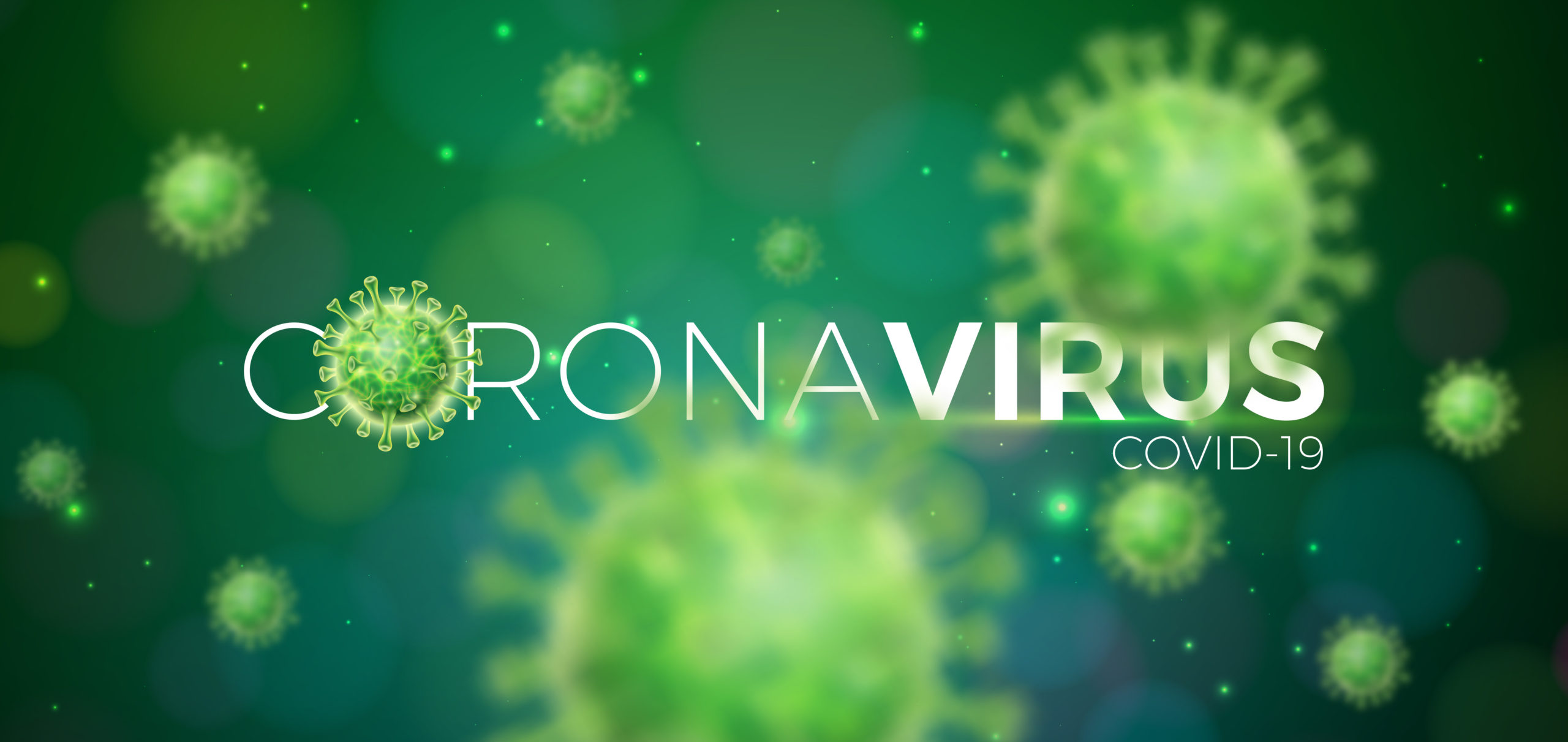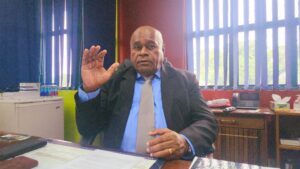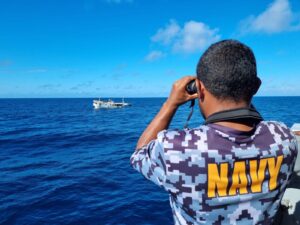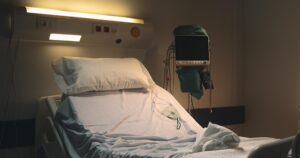Fiji announced six new COVID19 deaths tonight, among them an 11-month-old baby, becoming the country’s youngest COVID-19 victim.
Doctors who attended to the baby linked the death to COVID19, Fiji’s Permanent Secretary for Health Dr James Fong said as he confirmed the death of another frontliner, a nurse, who was not vaccinated and had been home when she became infected.
“Severe disease and deaths due to COVID among infants are rare,” Dr Fong said. “However, the doctors overseeing these babies care confirmed that he did die because of COVID-19. And we know that once these very high levels of infections are reached in the community, these rare events do occur. It is an absolute tragedy.”
The incident has also in part prompted the Ministry of Health to consider vaccinating children below the age of 18. Until then, Dr Fong said the best protection that adults can offer children is by getting vaccinated.
“We’re making arrangements to import more vaccines, once we know they are proven to offer safe and effective protection for children against the virus. While we await these vaccines for the younger group we also need to remind you that every time you vaccinate you also help to protect those not eligible for vaccination, including our children.”
Regarding the deceased nurse, Dr Fong said she was home when she contracted the virus. She ceased working in adherence to the Fijian Government’s jab directive to civil servants, early this month because she was not vaccinated.
“This is another frontline, colleague that we knew and loved and our sympathies are extended to their families, and to all the families who have lost their loved one.”
A total of 1163 new coronavirus cases were also announced this evening.
Dr Fong also made comments regarding the use of Rapid Diagnostic Testing (RDTs), its limitations and the safeguards the ministry has to confirm negative rapid tests.
“Rapid Diagnostic tests are tests used to diagnose COVID-19 in a specific environment, and have the advantage of being able to produce a result very quickly (usually within 30 minutes or less), and can be done outside of traditional laboratory setups. However, they work best when the limitations of the test are clearly understood by the user,” Dr Fong said.
“They should not be conducted for persons with no symptoms (unless they are conducted on the person at regular intervals eg. daily) and are not to be used to clear a person from isolation.
“We have been telling everyone that lives in Suva-Nausori that if you have symptoms of COVID-19 you should assume you have COVID-19 and self-isolate for 14 days, keep watch for severe COVID-19 symptoms and immediately seek emergency medical care if they are present.
“However, if you are over the age of 50 or have an illness that increases your risk of developing severe COVID-19, you must come to our screening clinics to get tested and put on the appropriate care pathway where you will be monitored by our health teams.
“If you test positive on a rapid diagnostic test, you can assume that you have COVID-19 and self-isolate for 14 days. However, if you have symptoms and test negative on a rapid diagnostic test you should still assume you have COVID-19 and self-isolate for 14 days. We know that these rapid tests have a higher risk of producing a false negative result than the gold standard molecular testing which is used by the Ministry to confirm all negative rapid tests conducted at our screening clinics. “










